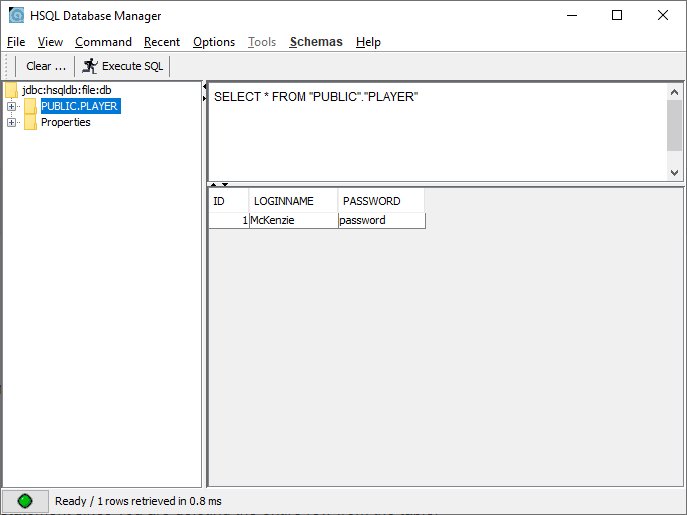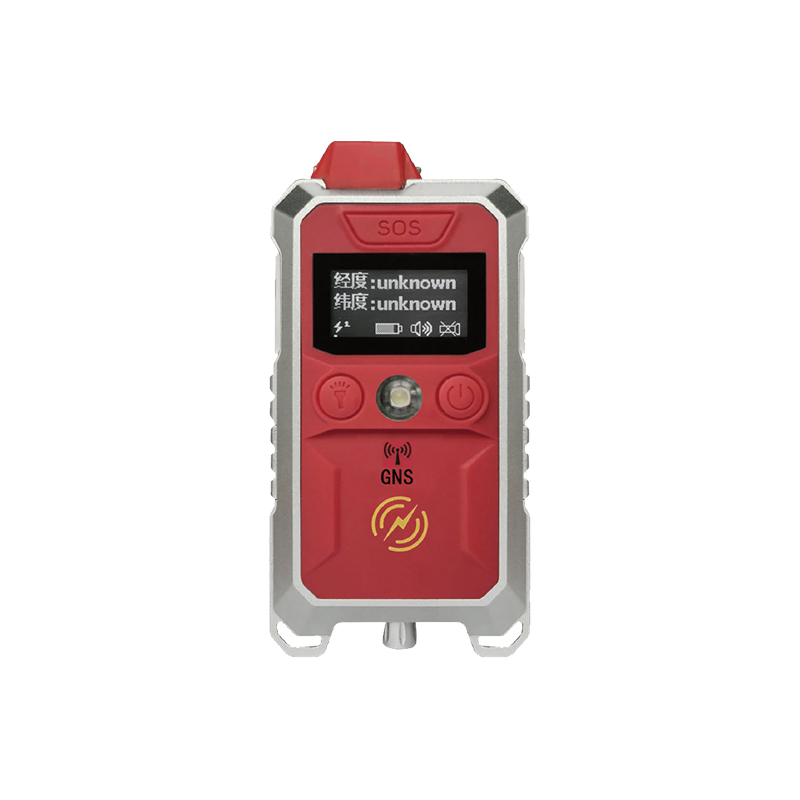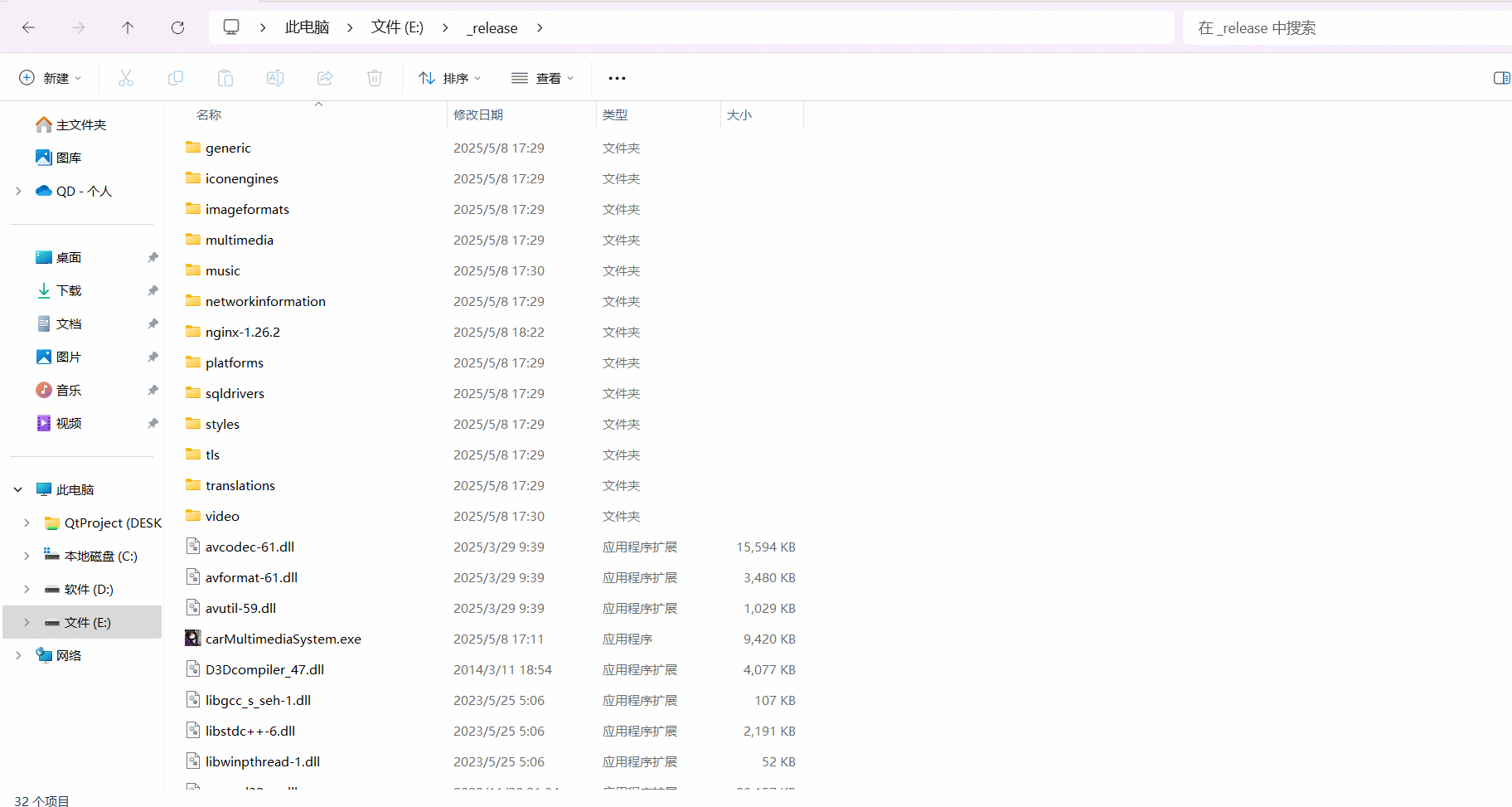字体Unicode范围分析器
#include <CoreText/CoreText.h> // CoreText框架头文件,用于字体处理
#include <CoreFoundation/CoreFoundation.h> // CoreFoundation框架头文件
#include <stdio.h> // 标准输入输出
#include <stdlib.h> // 标准库函数
#include <string.h> // 字符串处理
#include <vector> // C++向量容器
#include <map> // C++映射容器
#include <string> // C++字符串
// 定义Unicode范围结构体,表示一个连续的Unicode字符范围
typedef struct {
uint32_t start; // 范围起始码点
uint32_t end; // 范围结束码点
} UnicodeRange;
// 全局映射表,存储字体名称和对应的Unicode范围集合
// key: 字体名称(string)
// value: 该字体支持的Unicode范围集合(vector<UnicodeRange>)
std::map<std::string, std::vector<UnicodeRange>> fontUnicodeRanges;
// 函数:获取字体支持的Unicode范围
// 参数:字体引用(CTFontRef)
// 返回值:该字体支持的Unicode范围集合(vector<UnicodeRange>)
std::vector<UnicodeRange> getSupportedUnicodeRanges(CTFontRef font) {
std::vector<UnicodeRange> tempRanges; // 临时存储范围集合
if (!font) { // 检查字体引用是否有效
return tempRanges; // 无效则返回空集合
}
// 1. 获取字体支持的字符集
CFCharacterSetRef charset = CTFontCopyCharacterSet(font); // 复制字体字符集
// 创建字符集的位图表示
CFDataRef bitmapData = CFCharacterSetCreateBitmapRepresentation(kCFAllocatorDefault, charset);
const UInt8 *bitmap = CFDataGetBytePtr(bitmapData); // 获取位图数据指针
CFIndex length = CFDataGetLength(bitmapData); // 获取位图数据长度
bool inRange = false; // 标记是否处于连续范围内
uint32_t start = 0; // 当前范围的起始码点
uint32_t maxChar = 0; // 当前范围的结束码点
// 2. 遍历位图,检测并合并连续范围
for (uint32_t byteIndex = 0; byteIndex < length; byteIndex++) {
UInt8 byte = bitmap[byteIndex]; // 获取当前字节
if (byte == 0) { // 如果字节为0,表示没有支持的字符
if (inRange) { // 如果之前处于范围内,则结束当前范围
tempRanges.push_back({start, (byteIndex << 3) - 1});
inRange = false;
}
continue; // 跳过后续处理
}
// 检查字节中的每一位(共8位)
for (uint32_t bit = 0; bit < 8; bit++) {
uint32_t currentChar = (byteIndex << 3) + bit; // 计算当前字符码点
bool isSupported = (byte & (1 << bit)) != 0; // 检查当前位是否被支持
if (isSupported) { // 如果字符被支持
if (!inRange) { // 如果不在范围内,则开始新范围
start = currentChar;
inRange = true;
}
maxChar = currentChar; // 更新范围结束码点
} else if (inRange) { // 如果字符不被支持但之前处于范围内
tempRanges.push_back({start, currentChar - 1}); // 结束当前范围
inRange = false;
}
}
}
// 处理最后一个范围(如果遍历结束时仍处于范围内)
if (inRange) {
tempRanges.push_back({start, maxChar});
}
// 3. 压缩范围(合并相邻或重叠的范围)
if (!tempRanges.empty()) {
size_t compressedCount = 0; // 压缩后的范围计数
// 遍历所有范围
for (size_t i = 1; i < tempRanges.size(); i++) {
// 如果当前范围与前一个范围相邻或重叠
if (tempRanges[i].start <= tempRanges[compressedCount].end + 1) {
// 合并范围(取最大的结束码点)
if (tempRanges[i].end > tempRanges[compressedCount].end) {
tempRanges[compressedCount].end = tempRanges[i].end;
}
} else {
// 不重叠则保留当前范围
compressedCount++;
tempRanges[compressedCount] = tempRanges[i];
}
}
// 调整向量大小为压缩后的数量
tempRanges.resize(compressedCount + 1);
}
// 释放资源
CFRelease(bitmapData);
CFRelease(charset);
return tempRanges; // 返回最终的范围集合
}
// 函数:获取字体名称
// 参数:字体引用(CTFontRef)
// 返回值:字体名称(string)
std::string getFontName(CTFontRef font) {
if (!font) return ""; // 检查字体引用
// 获取字体的PostScript名称
CFStringRef fontName = CTFontCopyPostScriptName(font);
if (!fontName) return ""; // 检查名称是否有效
// 尝试直接获取C字符串
const char* name = CFStringGetCStringPtr(fontName, kCFStringEncodingUTF8);
std::string result;
if (name) { // 如果直接获取成功
result = name;
} else {
// 需要手动转换字符串
CFIndex length = CFStringGetLength(fontName);
CFIndex maxSize = CFStringGetMaximumSizeForEncoding(length, kCFStringEncodingUTF8) + 1;
char* buffer = new char[maxSize]; // 分配缓冲区
// 将CFString转换为C字符串
if (CFStringGetCString(fontName, buffer, maxSize, kCFStringEncodingUTF8)) {
result = buffer;
}
delete[] buffer; // 释放缓冲区
}
CFRelease(fontName); // 释放CFString
return result; // 返回转换后的字符串
}
// 函数:添加字体到全局映射表
// 参数:字体引用(CTFontRef)
void addFontToMap(CTFontRef font) {
std::string fontName = getFontName(font); // 获取字体名称
if (!fontName.empty()) { // 如果名称有效
// 将字体名称和对应的Unicode范围存入映射表
fontUnicodeRanges[fontName] = getSupportedUnicodeRanges(font);
}
}
// 函数:打印所有字体的Unicode范围
void printAllFontRanges() {
// 遍历映射表中的所有字体
for (const auto& pair : fontUnicodeRanges) {
printf("字体: %s\n", pair.first.c_str()); // 打印字体名称
// 打印该字体支持的所有Unicode范围
for (const auto& range : pair.second) {
printf(" 支持范围: U+%04X - U+%04X\n", range.start, range.end);
}
printf("\n"); // 打印空行分隔不同字体
}
}
// 主函数
int main() {
// 示例:创建并分析三种字体
// 1. 创建苹方字体
CTFontRef font1 = CTFontCreateWithName(CFSTR("PingFangSC-Regular"), 16.0, nullptr);
if (font1) {
addFontToMap(font1); // 添加到映射表
CFRelease(font1); // 释放字体
}
// 2. 创建Helvetica字体
CTFontRef font2 = CTFontCreateWithName(CFSTR("Helvetica"), 16.0, nullptr);
if (font2) {
addFontToMap(font2);
CFRelease(font2);
}
// 3. 创建Times New Roman字体
CTFontRef font3 = CTFontCreateWithName(CFSTR("TimesNewRomanPSMT"), 16.0, nullptr);
if (font3) {
addFontToMap(font3);
CFRelease(font3);
}
// 打印所有已分析字体的Unicode范围
printAllFontRanges();
return 0;
}
代码中文名称:字体Unicode范围分析器
功能说明:
-
核心功能:分析字体文件支持的Unicode字符范围
-
数据结构:使用map容器存储字体名称及其支持的Unicode范围
-
技术特点:
• 使用CoreText框架获取字体信息• 通过位图分析高效检测字符支持情况
• 自动合并相邻或重叠的Unicode范围
-
输出格式:清晰的字体支持范围列表
适用场景:
• 字体管理工具开发
• 多语言文本处理应用
• 字体兼容性检查
• 文字渲染优化



















